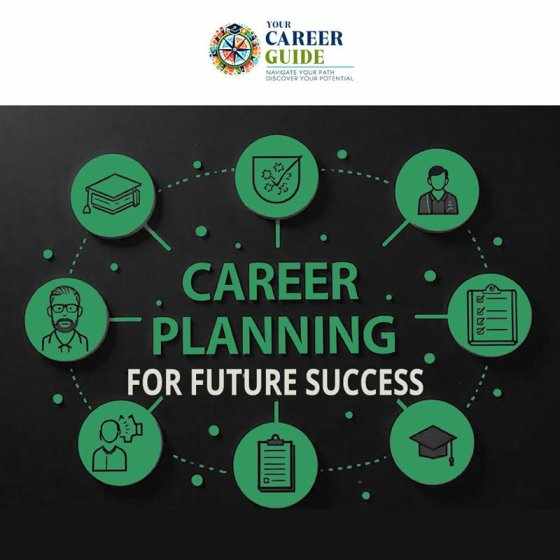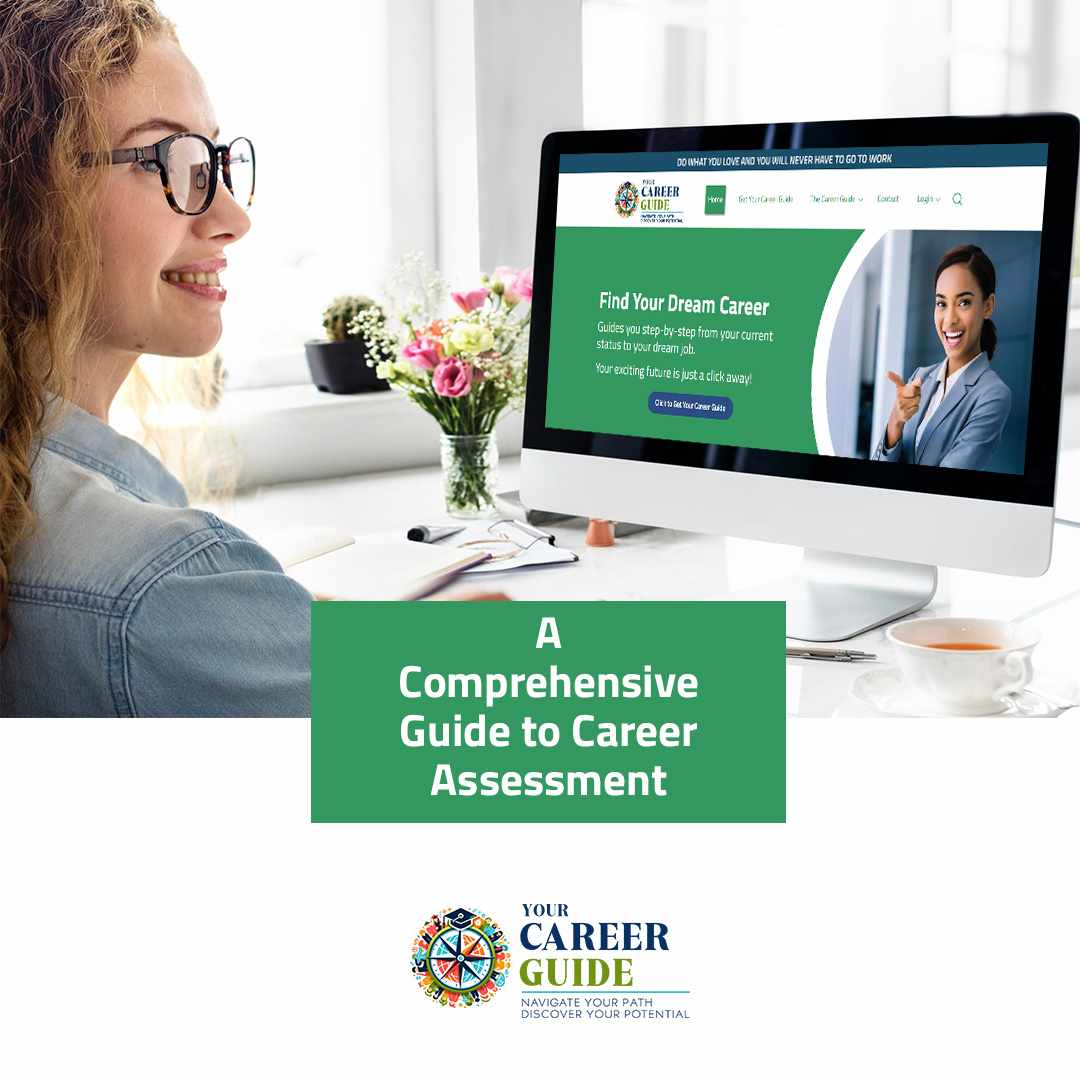
In today’s fast-paced, ever-changing job market, setting and achieving career goals can seem overwhelming. Whether you're a student exploring possibilities, a professional seeking growth, or someone planning a career switch, having a clear path forward is essential. This is where career planning, making the right career choice, and following a reliable career guide can make all the difference.
Here’s a practical, step-by-step job guide designed to help you confidently navigate your journey toward a successful and fulfilling career.
Step 1: Reflect on Your Interests and Strengths
The first step in effective career planning is self-discovery. Take time to understand your:
Interests and passions
Core values
Skills and strengths
Preferred work environments
Using self-assessment tools like personality tests (e.g., Myers-Briggs, Holland Code) or skills inventories can provide helpful insights. The better you know yourself, the more informed your career choice will be.
Step 2: Explore Career Options
Once you have a better idea of your strengths and preferences, begin exploring careers that align with them. This stage involves researching industries, job roles, and potential career paths. Useful methods include:
Reading job descriptions online
Watching career videos
Interviewing professionals (informational interviews)
Attending career fairs
During this exploration, consider key factors such as job outlook, average salaries, required qualifications, and growth opportunities. Creating a list of 3–5 possible careers that excite you will help focus your decision-making process.
Step 3: Set SMART Career Goals
With your top career options in mind, it’s time to set goals that are:
Specific
Measurable
Achievable
Realistic
Time-bound
SMART goals give structure to your ambitions and help you track your progress. They form the foundation of any successful career guide.
Step 4: Create a Career Development Plan
Now it’s time to break your goals down into actionable steps. Your plan might include:
Earning a degree or certification
Taking online courses
Gaining experience through internships, part-time jobs, or volunteering
Building a professional resume and LinkedIn profile
Expanding your network through events and social media
Think of this plan as your personal roadmap. Keep it flexible—life happens—but stay committed to moving forward.
Step 5: Improve Key Skills
Regardless of your chosen path, there are certain skills that employers look for across industries. These include:
Communication and interpersonal skills
Time management and organization
Problem-solving and adaptability
Technical or digital proficiency
Invest in skill-building through workshops, online platforms (like Coursera or LinkedIn Learning), or mentorship. Strengthening these abilities will make you more competitive in the job market and help you stand out from the crowd.
Step 6: Build a Strong Professional Network
As the saying goes, “It’s not just what you know—it’s who you know.” Networking plays a major role in career advancement. Start by:
Connecting with classmates, professors, or coworkers
Attending industry-specific events or webinars
Joining professional associations or LinkedIn groups
Reaching out to alumni or local professionals for career advice
Many opportunities come from word-of-mouth, referrals, or personal connections. A strong network can open doors to jobs that aren't even posted online.
Step 7: Apply Strategically and Prepare for Interviews
When you're ready to apply, tailor each resume and cover letter to match the specific job description. Highlight the experience and skills that best align with the role.
Before the interview, research the company thoroughly. Practice common interview questions and prepare thoughtful questions of your own. First impressions matter, so dress professionally and be punctual—even in virtual interviews.
Confidence, preparation, and authenticity go a long way in making a positive impact.
Step 8: Stay Committed and Evaluate Your Progress
Your career journey doesn’t end once you land a job—it’s an ongoing process. Regularly revisit your goals and evaluate:
Are you still passionate about your current path?
Have your interests or values changed?
What additional steps can you take to continue growing?
Use this feedback to adjust your Career Choice as needed. Staying flexible and resilient will help you navigate obstacles and seize new opportunities.
Conclusion
Achieving your career goals doesn’t happen overnight—but with thoughtful career planning, the right career choice, and a clear career guide, you can move forward with purpose and confidence.
Every big achievement starts with a single step. Take yours today by exploring your interests, setting your goals, and committing to the journey ahead. Remember, your career is not just a job—it’s a reflection of your values, talents, and aspirations.









Write a comment ...